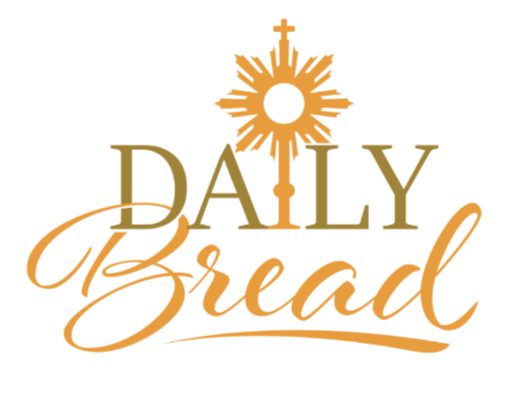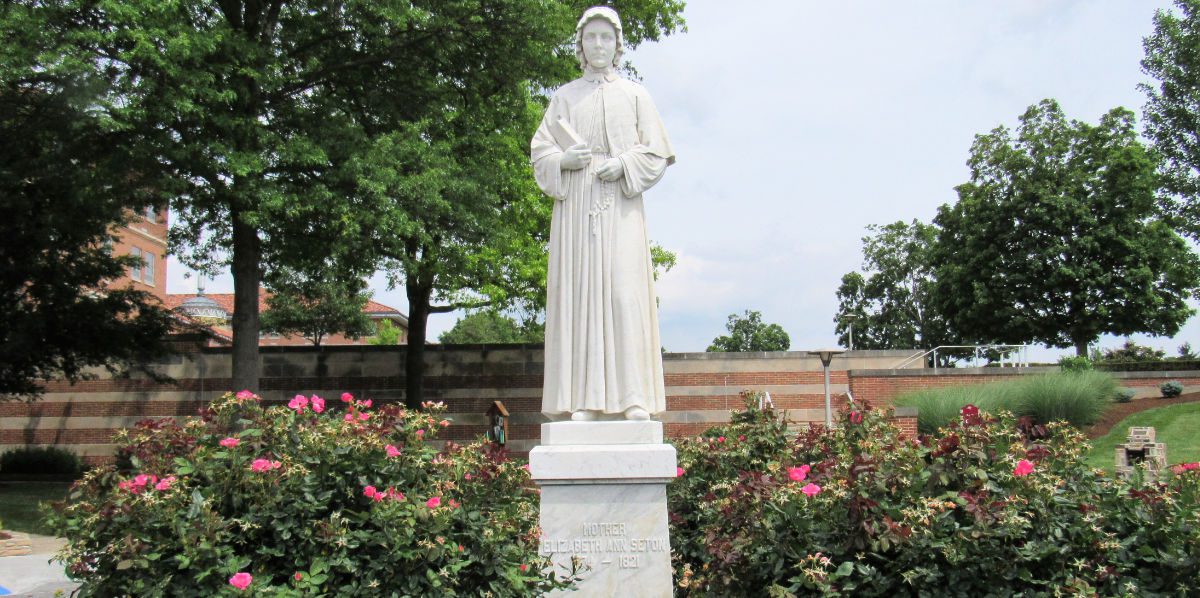Elizabeth Ann Seton's Influence on Catholic Education
Elizabeth Ann Seton, a name synonymous with the transformation of Catholic education in the United States is remember for her educational reform and spiritual guidance. Her journey, from a humble New York background to becoming the first native-born American saint, is interwoven with her important contributions to Catholic education.
Early Life and Charming Beginnings
Born on August 28, 1774, in New York City, Elizabeth Ann Bayley was a charming and vivacious young girl. She hailed from a prominent Episcopal family, where music, language, and elegance filled her days. Her captivating brown eyes and petite frame endeared her to all who knew her. Yet, her idyllic childhood was soon to be shaped by the hand of destiny. Her personal struggles, including widowhood and financial hardship, were pivotal in steering her towards a path of educational reform.
Love, Marriage, and Financial Turmoil
Elizabeth's life took a romantic turn when she met William Seton, a dashing young man who captured her heart. They embarked on a journey of love and hope, building a family together. However, their happiness was soon eclipsed by financial hardships and William's ailing health. As they faced bankruptcy and uncertainty, Elizabeth's steadfast faith became her guiding light.
Fateful Voyage and Tragic Loss
In pursuit of William's recovery, the Setons embarked on a sea journey to Italy, leaving behind their beloved New York. Little did they know that this voyage would become a crucible of their faith. Quarantined in Italy due to a yellow fever epidemic, they endured trials that tested the very core of their souls. Tragically, William passed away, leaving Elizabeth a widow in a foreign land.
Spiritual Awakening and Conversion
During her time in Italy, Elizabeth was drawn to the Catholic faith. She was deeply moved by the Catholic belief in the real presence of Christ in the Eucharist. Her heart and soul resonated with this profound teaching. Upon returning to New York in 1805, she took the momentous step of converting to Catholicism.
Elizabeth's conversion stirred controversy among her acquaintances, yet she remained resolute. She opened a boardinghouse for schoolboys in an effort to support her family. However, when her sister-in-law, Cecelia Seton, also embraced Catholicism, their supporters withdrew. Elizabeth's path was fraught with challenges, but her unwavering faith propelled her forward.
Foundation and Challenges of the Sisters of Charity
In 1809, Elizabeth established the Sisters of Charity of Saint Joseph’s near Emmitsburg, Maryland. This was the first community of religious women in the U.S., focusing on education and facing the challenge of being pioneers in a predominantly Protestant education landscape. Her approach was holistic, blending moral and spiritual lessons with academic instruction, a model that has influenced contemporary Catholic schools.
Saint Joseph’s Academy and Free School: A Beacon of Education
Elizabeth founded Saint Joseph’s Academy and Free School in 1810, the first free Catholic school for girls staffed by religious women in the U.S. The school, independent from parish funding, was a testament to her commitment to providing education to a diverse group of students, including those from distant locations.
Overcoming Opposition and Financial Struggles
Elizabeth's journey was not without opposition. Her endeavors to establish a school in Manhattan were met with challenges due to religious prejudices and financial issues. Despite these hardships, her unwavering faith and determination propelled her to continue her mission in education.
Building an Inclusive Educational Community
Elizabeth's educational philosophy was inclusive, embracing students from various backgrounds. She was an advocate for character development, faith formation, and academic excellence, and her teachings were rooted in Vincentian values.
Expansion Beyond Emmitsburg
Responding to educational needs, Elizabeth expanded her mission beyond Emmitsburg. She established the first Catholic orphanage in the U.S. in Philadelphia and initiated educational programs in New York City, among others.
A Lasting Legacy in Catholic Education
Elizabeth Ann Seton’s canonization in 1975 as the first American-born saint marked a recognition of her enduring impact on Catholic education. Her legacy continues through the Sisters of Charity Federation, inspiring future generations in the pursuit of knowledge, faith, and service.
As we celebrate her memory on January 4th, we honor St. Elizabeth Ann Seton's life as a beacon of faith and devotion, turning adversity into a purposeful life dedicated to education and spiritual growth.
Explore our collection of educational resources at Catholic Faith Store and let her story be a guiding star in your own journey of faith and knowledge.
Our Favorite St. Elizabeth Seton Devotionals


![Women's St. Elizabeth Ann Seton Medal [BM0707]](https://b960748.smushcdn.com/960748/wp-content/uploads/2023/12/BM0707.jpg?lossy=1&strip=1&webp=1)
![Prayer To St. Elizabeth Seton Laminated Prayer Cards [HPR436]](https://b960748.smushcdn.com/960748/wp-content/uploads/2023/12/HPR436.jpg?lossy=1&strip=1&webp=1)
![Round St Elizabeth Ann Seton Medal Prayer Card [PC0042]](https://b960748.smushcdn.com/960748/wp-content/uploads/2023/12/Round-St-Elizabeth-Ann-Seton-Medal-Prayer-Card_PC0042.jpg.jpeg?lossy=1&strip=1&webp=1)